Heat Pumps 101
Heat pump systems are designed to last for decades without needing frequent air conditioning or heating repairs. The reason behind their incredible efficiency is because unlike other HVAC systems, heat pumps move the heat around, instead of producing its own heat like boilers or furnaces.

How Heat Pumps Work
The idea behind heat pumps is a little concept known as the Second Law of Thermodynamics. According to this law, heat will always move from a place of higher temperature, into a place of lower temperature. Because of this, heat pumps do not have to generate heat, but simply take it from somewhere else. Additionally, because it’s moving heat around, heat pumps can function as both a heater and a cooler, as well.
Types of Heat Pumps
As far as air conditioning repair technicians are concerned, air-source heat pumps are perhaps the most common types they encounter on a daily basis. Air-source draws in heat from ambient air outside and uses that to increase the temperature of a home. Alternatively, it could also draw heat from indoors and then transfer it outdoors during summer.
Water-source and geothermal heat pumps follow the same principles to a certain extent with the only notable difference of where the heat is being drawn from.
Benefits and Disadvantages
As you can see, there are many benefits to having heat pumps instead of more traditional heating and air conditioning systems. However, heat pumps work best in areas where seasonal temperatures do not have extreme changes.
Learn More About Heat Pumps From the Experts
Our air conditioning repair professionals here at Schmitt Heating & Air Conditioning are ready to answer any questions you may have about the pros and cons of heat pumps. Call us today at (415) 522-0966 to get a free estimate and schedule a consultation. Our services are available in San Francisco and neighboring cities.



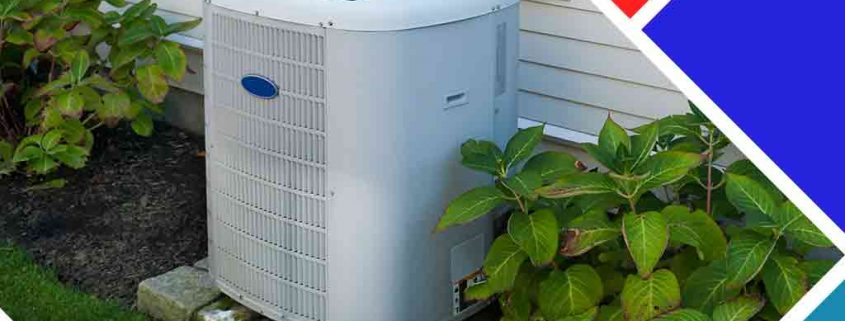
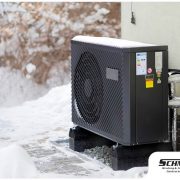
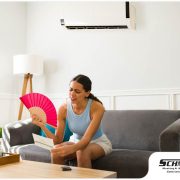

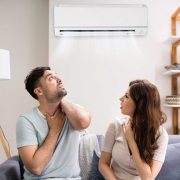


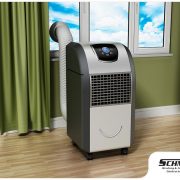



Leave a Reply
Want to join the discussion?Feel free to contribute!